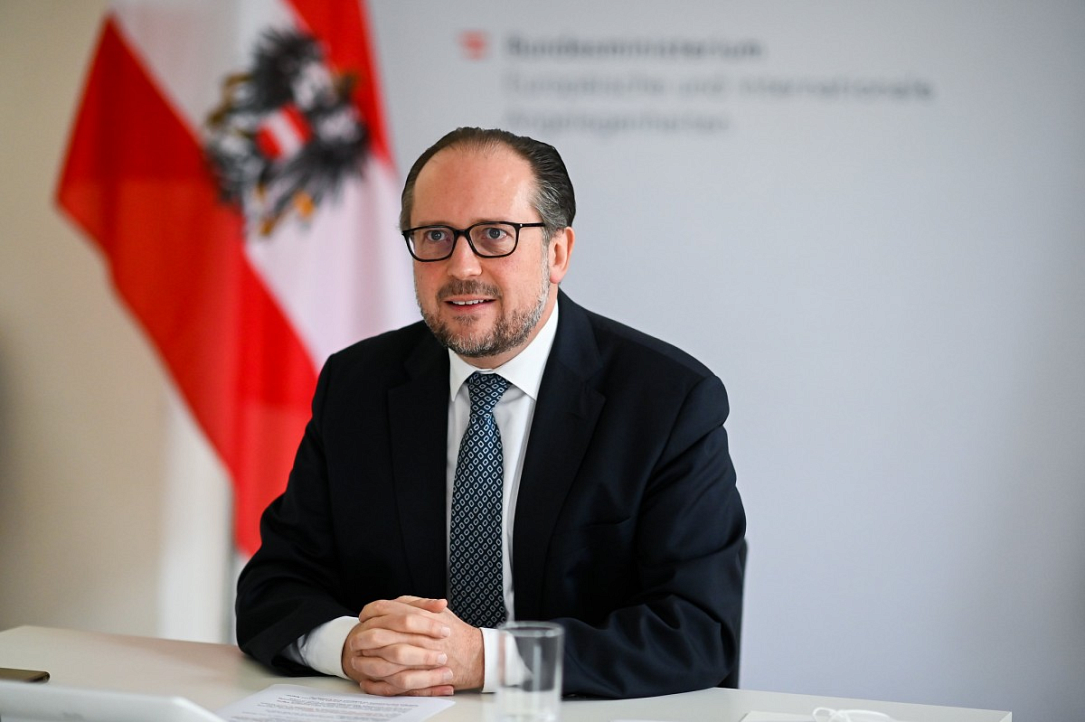Austria maintains veto against Romania’s accession to Schengen, foreign minister says



Austrian foreign minister Alexander Schallenberg recently said during an interview that his country will maintain its veto against the extension of the EU’s border-free Schengen Area until a “sustained decline” in asylum seekers is observed.
Austria’s decision to stop the expansion of the Schengen Area left Bulgaria and Romania outside of the zone, maintaining border controls between the two countries and Schengen Area members. The Netherlands also vetoed Bulgaria but approved Romania’s bid for membership. At that time, critics from Romania argued that the governing center-right People’s Party of Austria was using the issue of migration to keep its far-right contender the Freedom Party at bay.
Aside from Ukrainians, asylum applications in Austria nearly tripled last year to about 110,000. It is the highest per-capita rate in the EU, despite the fact that Austria does not have external borders to non-EU countries. The EU took in about 1 million refugees last year, excluding Ukrainians, a nearly 50 percent increase.
Schallenberg declined to define a timeframe for when Vienna might lift its veto on Schengen expansion, but with refugee arrivals continuing to rise — the EU’s asylum agency recorded a nearly 60 percent year-on-year increase in January — a resolution to the impasse over Schengen looks to be out of reach in the short term, according to Politico.eu.
In response, the EU has set out an action plan to tighten border controls. Nevertheless, according to Politico, the “main reason Austria has so many refugees is that other EU countries along the so-called Balkan route — in particular Hungary — refuse to register most asylum seekers, a step that under EU rules would allow Vienna to send them back to that country once they arrived in Austria.”
The business community in Austria, a major player in Romania and Bulgaria, is set to be one of the biggest losers of the Austrian government’s decision, along with Romanian citizens and companies.
(Photo source: Alexander Schallenberg on Facebook)